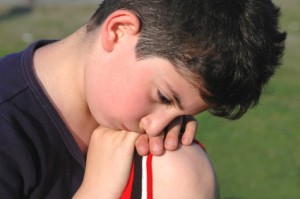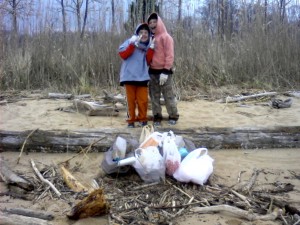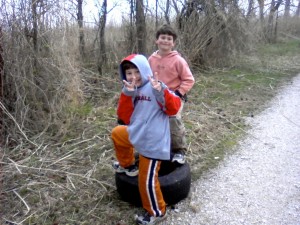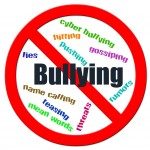 If you are bullied as a young child will you continue to be bullied as you go into your teen years and beyond? In 2009 there was a study done that indicates that for boys who were victims of bullying at the age between 6 and 9, they were no more likely to continue to be victims 2 -4 years later. However this was not the case for girls.
If you are bullied as a young child will you continue to be bullied as you go into your teen years and beyond? In 2009 there was a study done that indicates that for boys who were victims of bullying at the age between 6 and 9, they were no more likely to continue to be victims 2 -4 years later. However this was not the case for girls.
“The researchers said that girls’ “tightly knit” friendship networks could make it difficult for them to “escape the victimization role”. *
As we look at the behavior of young girls even in pre-school developing habits of excluding each other, we need to recognize the long term affects on both of them. For those who are the target of the exclusion with, “you can’t play with us”, this is a very confusing time. This type of behavior is not just a ‘rite of passage’, or ‘girls being girls’, anymore than a boy who continues to hit another boy should be allowed to do so. This sort of aggression should be taken as seriously as any other type of aggression. 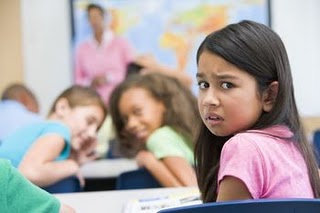
If a young girl takes on a role of ‘victim’ this may be taken into all of her relationships including into who she dates and possibly marries. So what can we do?
Parents and teachers should be aware of the formation of these close ties that exclude others and suggest that if they want a special time to play together, that can be arranged, but we are now going to play in a manner that is good for the whole group.
Teaching our young children to play together with respect is starting them off of the right foot. If we as parents take a strong stand on friendships, exclusions, and respect for the feelings of others, our children will respond to those values.
Balanced Life Skills is working on bully prevention and more important on character building in all of our students. Do you have a story about bullying that you would share with us? The more information we have on what is happening in our community, the better we can prepare our children to be better citizens.
Social network: Stop Bullies Now
Forum question: Has your child been bullied in school?
Thank you for your help and be sure to send these links to your friends as we work to build a community against bullying behavior.
*Wolke, D., Woods, S., & Samara, M. (2009). Who escapes or remains a victim of bullying in primary school? British Journal of Developmental Psychology, 27 (4), 835-851 DOI:

